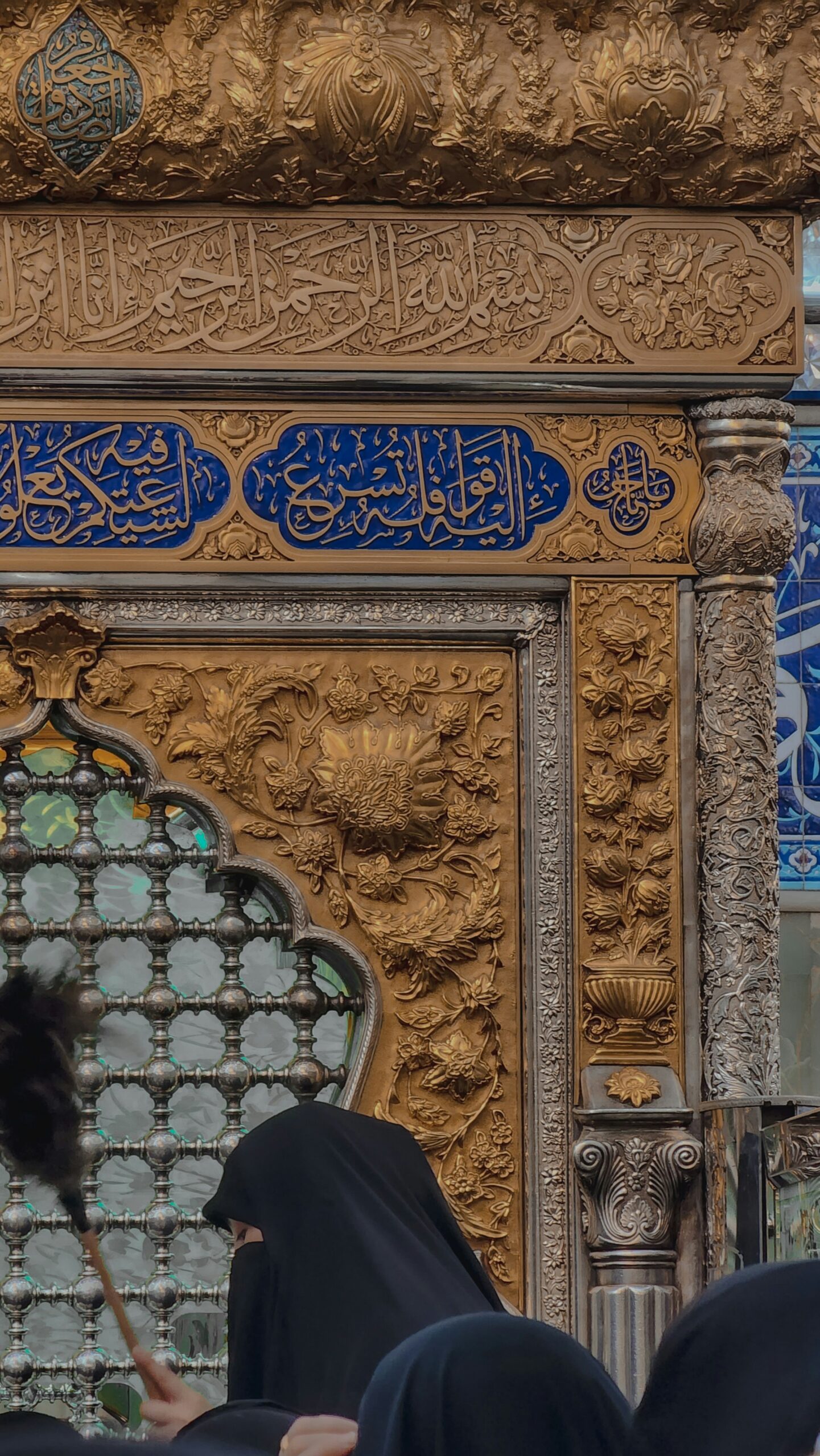
The first month of the Islamic calendar, Muharram, carries a deep weight for Shia Muslims. It culminates on the 10th day, Ashura, which marks the anniversary of the Battle of Karbala and the martyrdom of Imam Hussein ibn Ali, grandson of Prophet Muhammad. This event evokes profound emotions, and crying during Muharram remembrances is a common expression of grief and reflection.
Here’s a deeper look into the reasons behind tears in Muharram and the significance of Karbala:
The Tragedy of Karbala:
In 680 AD, Imam Hussein, along with his family and a small band of loyal followers, stood against a much larger army of the Umayyad Caliphate in Karbala, Iraq. He refused to pledge allegiance to a ruler he deemed unjust and corrupt. The ensuing battle resulted in the brutal massacre of Imam Hussein and his companions, including his young son and brother.
Why We Cry:
Shia Muslims shed tears in Muharram for several reasons:
- Grief and Empathy: The sheer brutality of Karbala evokes deep sorrow for the suffering endured by Imam Hussein and his family. Tears are a natural expression of this grief and a way to connect with their pain.
- Love and Admiration: Imam Hussein is revered for his unwavering commitment to justice and his courageous stand against tyranny. Crying becomes a way to express love and admiration for his sacrifice.
- Renewal of Faith: Karbala reminds Shia Muslims of the importance of standing up for their beliefs, even in the face of overwhelming odds. Tears can serve as a reaffirmation of their faith and a call to action for social justice.
- Personal Reflection: Muharram observances often involve recitations of the events in Karbala (known as majalis). These stories can evoke personal reflections on mortality, suffering, and the fragility of life. Tears can be a release for these deeper emotions.
Beyond the Battlefield: The Legacy of Karbala
While the battle itself was a military defeat for Imam Hussein’s forces, the event holds immense symbolic significance for Shia Muslims:
- Triumph of Truth: Despite the physical loss, Imam Hussein’s stand against injustice is seen as a moral victory. His message of righteousness continues to resonate through the ages.
- Importance of Martyrdom: The concept of shahada (martyrdom) is central to Shia Islam. Imam Hussein’s sacrifice is seen as a testament to the power of faith and the pursuit of justice.
- Social Upliftment: Karbala serves as a call to fight against oppression and fight for a more just society. The mourning rituals in Muharram can inspire social activism and community building.
The Enduring Legacy: Why Imam Hussein is the Winner of Karbala
Though defeated on the battlefield, Imam Hussein’s legacy continues to inspire millions. Here’s why he is seen as the victor:
- Moral Supremacy: His unwavering stance against injustice resonates deeply. He sacrificed earthly power for principles, earning lasting respect.
- Spiritual Triumph: His martyrdom serves as a powerful symbol of faith and perseverance. He continues to inspire Muslims to uphold their beliefs.
- Eternal Message: The story of Karbala continues to be retold and commemorated each year. Imam Hussein’s message of justice and truth transcends time and place.
Muharram observances are not simply about dwelling on the past. They are a way to connect with a powerful story of sacrifice, to reflect on one’s own values, and to find strength in the face of injustice.
In conclusion, crying in Muharram is a multifaceted expression. It’s a release of grief, a way to connect with Imam Hussein’s sacrifice, and a call for a more just world. The events of Karbala, though tragic, continue to inspire and empower millions of Shia Muslims around the globe.
Leave a Reply